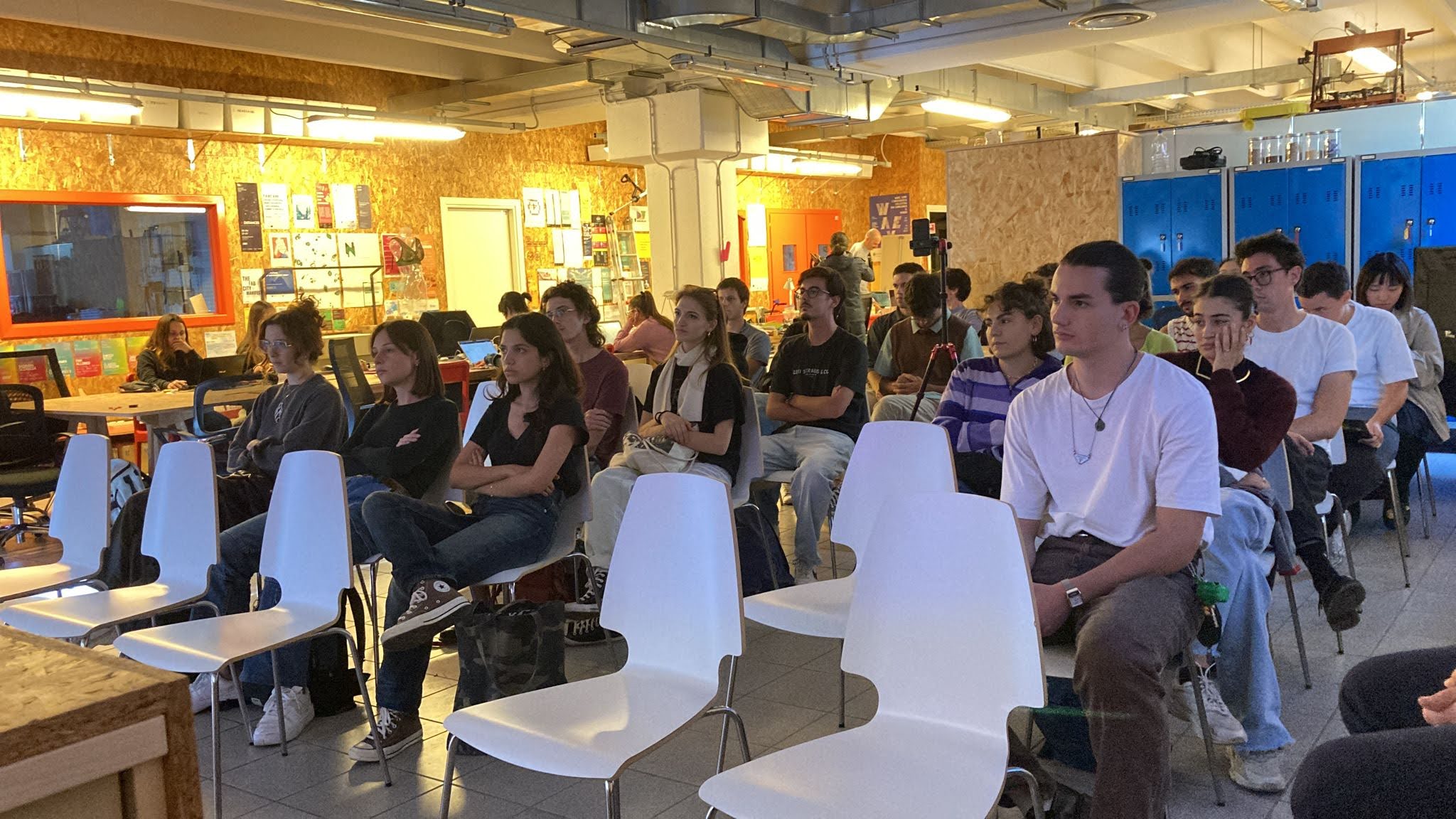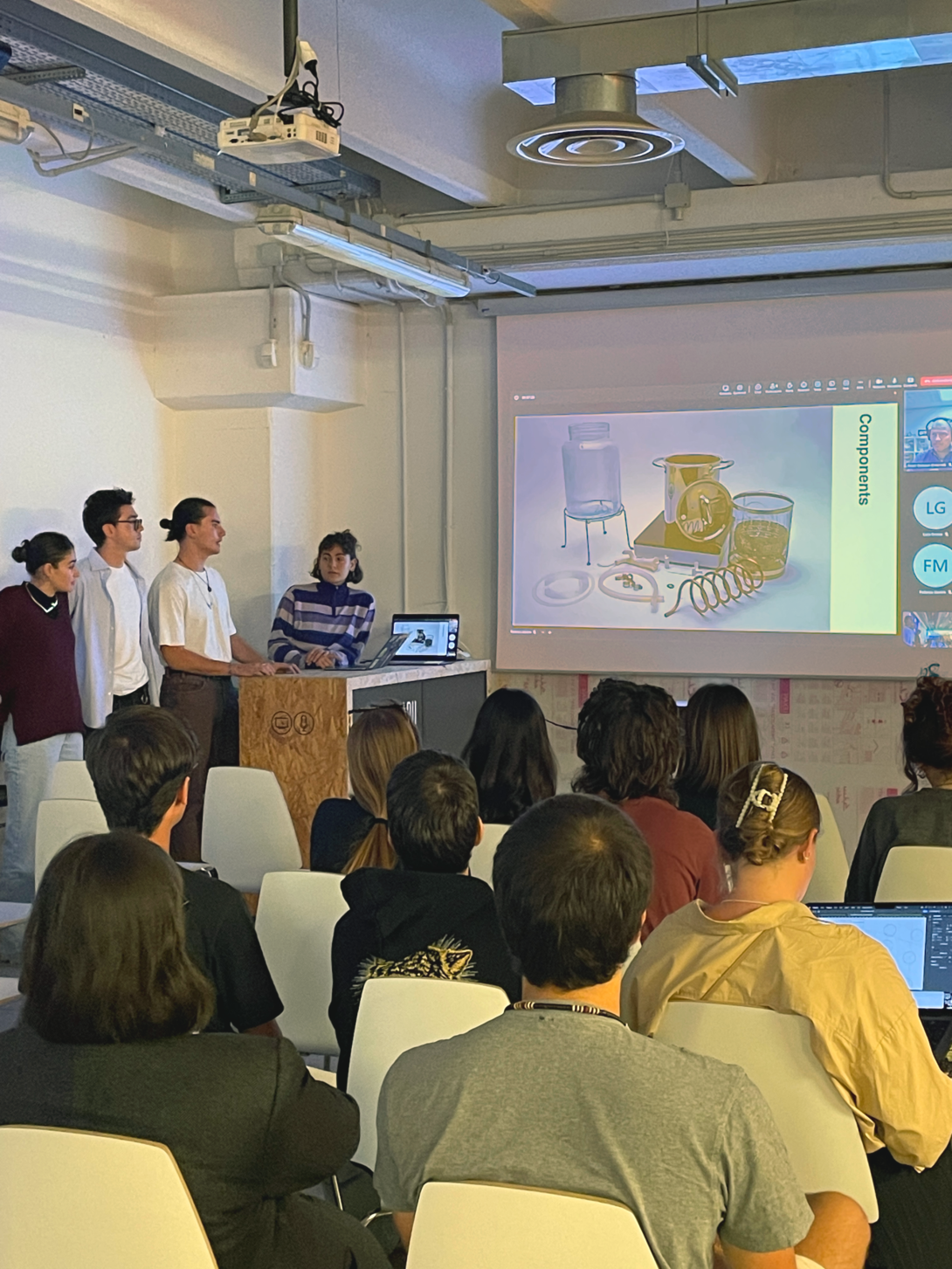Blog

October 10, 2023
Distributed Food Factory. Designing Circular Solutions for Local Food Ecosystems
Each food chain represents a potential pathway for energy and nutrients as they flow through the ecosystem. The concept of a food ecosystem describes the interconnection and interdependence of all the actors, processes, and resources involved in the production, transformation, distribution, and consumption of food.
A food ecosystem considers the entire food cycle, from raw materials to the table, and the relationships between the actors involved. It establishes a sustainable, equitable, and resilient system capable of efficiently and responsibly meeting the food needs of the population while minimizing negative impacts on the environment and promoting the health and well-being of people. Achieving circularity in food ecosystems involves implementing new solutions to preserve and regenerate biodiversity at both macro and micro levels, protect natural resources such as soil and water, and enhance digital traceability of resources and living organisms.
Distributed Food Factory, developed by Polifactory, the makerspace of Politecnico di Milano, is an experimental initiative that explores the connection between Distributed Design and Food Ecosystems at local level. It aims to design innovative open-source solutions stimulating the circular transition of the local food ecosystems by integrating the principles of the Farm to Fork strategy with those of Distributed Design. Distributed Food Factory supports the development of product-services, processes, and systemic solutions that enable individuals and organizations to track and monitor food ecosystems at a ‘macro’ level – such as fields, gardens, parts of forests, rivers, or lakes – and at a ‘micro’ level, where food transformations are facilitated by microorganisms (bacteria, fungi, etc.).
On September 25th, Polifactory presented the Open Call for Ideas inviting young designers of the School of Design, Politecnico di Milano, to submit concepts related to open-source solutions that explore the role of Distributed Design for macro and micro food ecosystems. Two ideas related to local food ecosystems presented by two different teams will be selected and supported by Polifactory in order to create prototypes demonstrating the possibility of materializing solutions with real potential in terms of production and distribution. The two projects will be promoted on the Distributed Design platform.
The event also allowed for the presentation of stories and projects that can help understand the importance of Distributed Design working for food ecosystems. Jessica Guy from Fab Lab Barcelona recounted the evolution of Distributed Design and its various fields of application, including food systems. The projects Hacko and Olea, developed at Polifactory by design students from Politecnico di Milano, represented two examples of open-source solutions that can work on food systems at a micro level, through the control of fermentation processes and the use of natural resources, thanks to the combination of practices such as foraging and hacking. Finally, Frosti Gislason from Fab Lab Vestmannaeyjar talked about the possibilities of distributed design contributing to the development of innovative solutions for food ecosystems in remote areas, creating value from the collection of local food resources to the recovery and recycling of food waste.
At the end of October 2023, we will get to know the two new ideas that will become the new open-source solutions for local food ecosystems in February 2024. Stay tuned!


